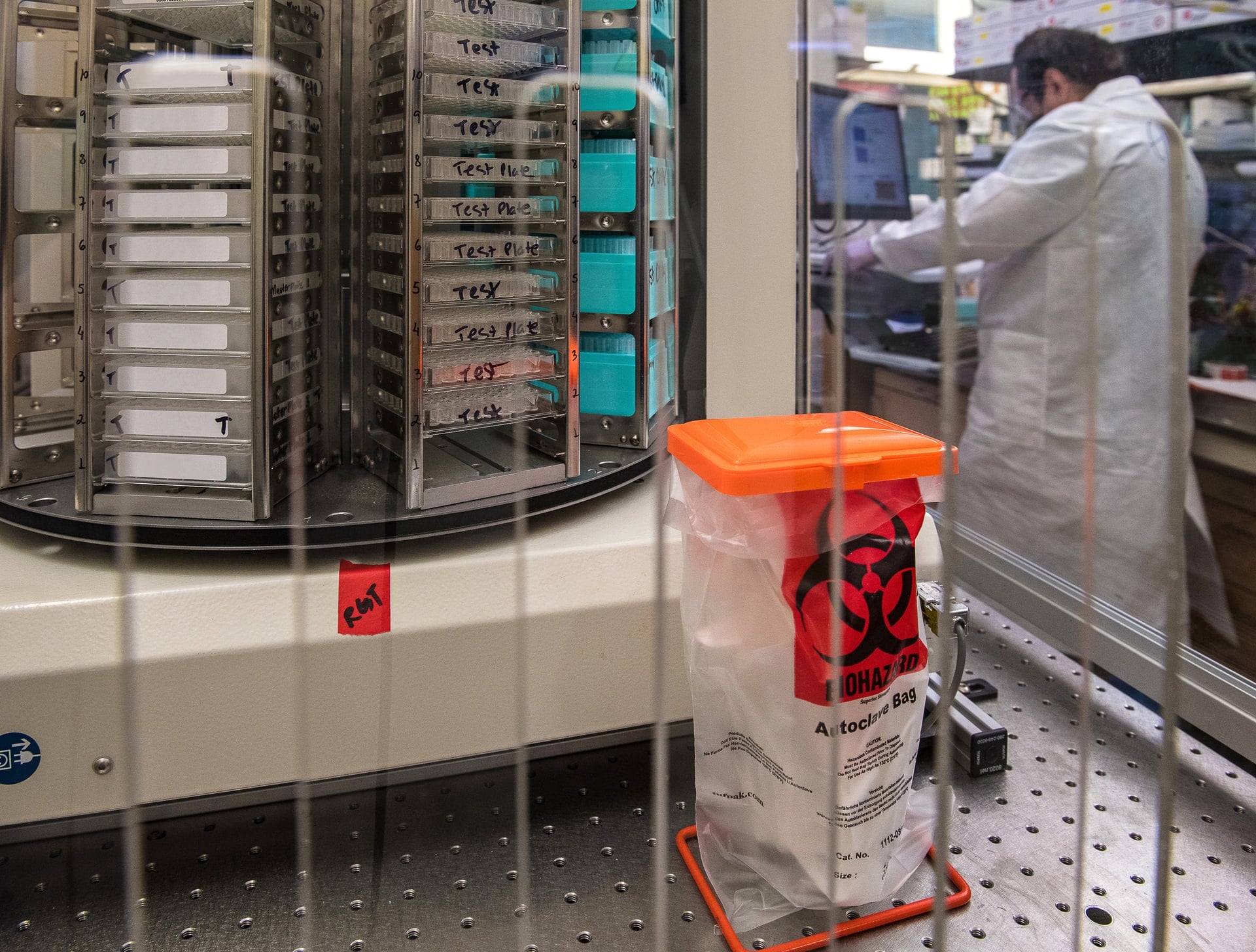The global Enterprise Resource Planning systems market is growing exponentially, and it’s expected to maintain an upward trajectory in the foreseeable future. In 2021, the market was worth more than $41.69 billion; despite this growth, there is ongoing debate about the best choice between Oracle ERP cloud and the SAP Business One system.
You may also find yourself considering this comparison when you are looking for a SAP small business solution that is suitable for your business–it’s important to understand the benefits and setbacks of both options so you can make an informed choice. This article discusses Oracle ERP cloud and Systems, Applications, and Products (SAP), comparing their similarities and differences to help you make the right choice for your business.
What Is an ERP System?
An Enterprise Resource Planning (ERP) is a type of system designed to help enterprises and organizations manage their daily business operations, like accounting, budgeting, procurement, compliance, risk management, and supply chain management. The growing demand for ERP systems has also increased. Therefore, you need to compare a few vendors before you choose one for your enterprise. By evaluating ERP vendors for small to medium business enterprises, you’ll get an idea of which option will serve your organization more effectively.
A complete ERP system should merge multiple business processes and allow the free flow of information between different areas of your enterprise. It should streamline the processes in your enterprise by creating a shared path for your transactional data from different sources, making it easy for you to plan, manage, and budget. Today, ERP systems manage millions of companies around the world. Furthermore, they’re suitable for both small and large enterprises.
What Is a SAP System?
SAP is a type of system designed to help businesses and organizations manage their daily processes by offering solutions that enable effective processing and data flow across the enterprise. This system centralizes data management, providing you with multiple business tools and functions that different users within your enterprise can share and receive data without interference.
This helps your enterprise manage complex processes by allowing users from different departments to access real-time data and insights, and improves your overall workflow and operational efficiency, increasing your enterprise’s productivity and enhancing your customer experience. Many organizations across the globe have implemented SAP technology to streamline their daily operations. If it’s your first time interacting with SAP software, you should check out the simple beginner’s guide to SAP software, which offers the steps you need to take to implement this technology in your company.
Oracle ERP Cloud Versus SAP Business One
Oracle ERP Cloud is a complete, modern cloud ERP suite designed to provide you and your team with advanced capabilities, such as AI, that automate your manual business processes that normally slow down your operations to improve your productivity and customer experience. This system also provides detailed analytics to help you react to the changes in the market in real-time.
By providing you with automatic updates, the Oracle ERP cloud suite will enable every member of your team to remain up-to-date and have a full competitive advantage. The suite helps you predict, detect, and act on every emerging situation in your enterprise; it also automates and gets rid of manual systems. Furthermore, it simplifies and accelerates your daily processes, as well as launching new business models.
SAP Business One is a type of software that offers a single, inexpensive solution to manage multiple business operations in small and medium enterprises. It enables you to do budgeting, accounting, and analytics, as well as to make purchases, report incidents, manage inventory, manage sales, and enhance customer relationships.
This technology can be either on-premises or cloud-based, and it offers quick deployment and integrated business intelligence. While these systems are fairly similar, they have a few distinctions. For instance, the cloud-based SAP Business One doesn’t require you to sign a perpetual contract, while the Oracle ERP Cloud does. Also, SAP Business One has been shown to offer customers better functionality and business benefits because it’s easier to customize than Oracle ERP Cloud.





